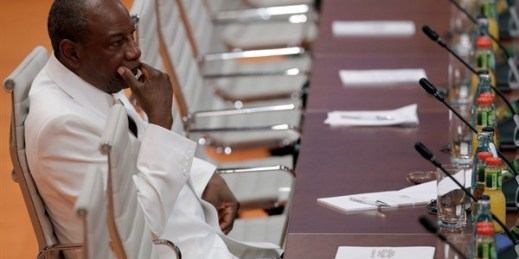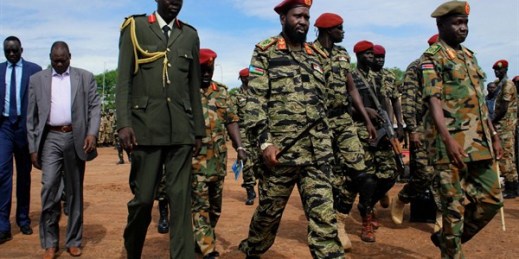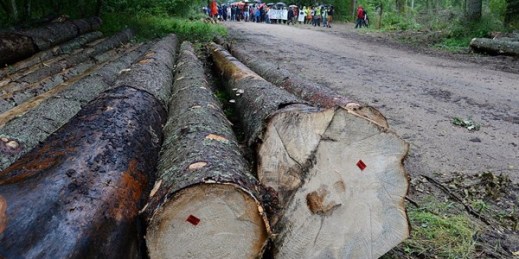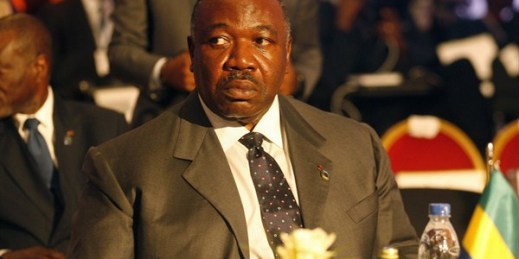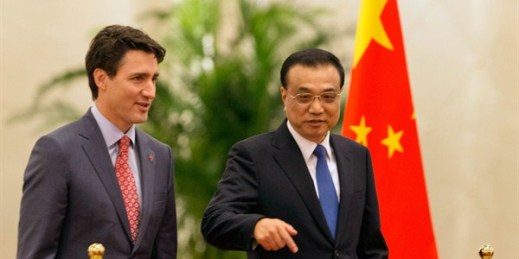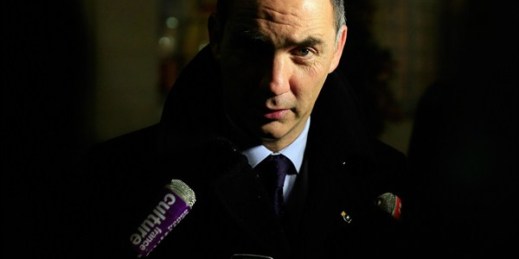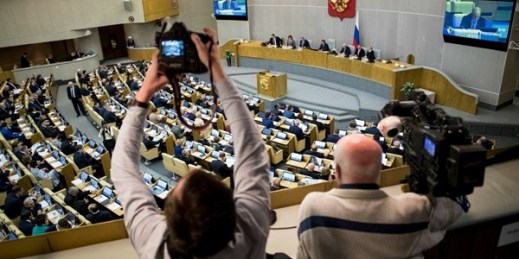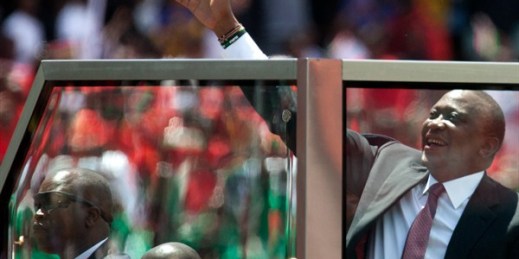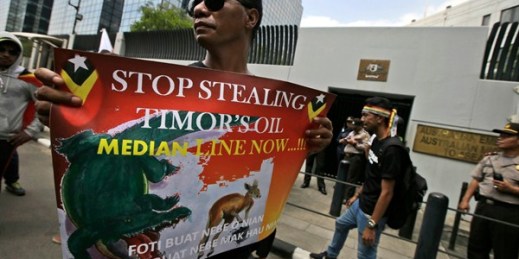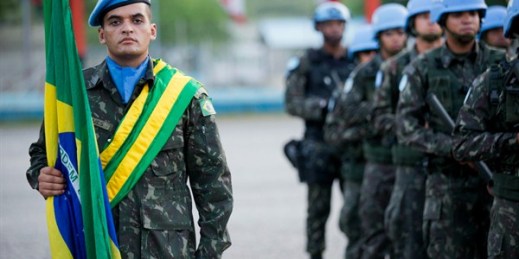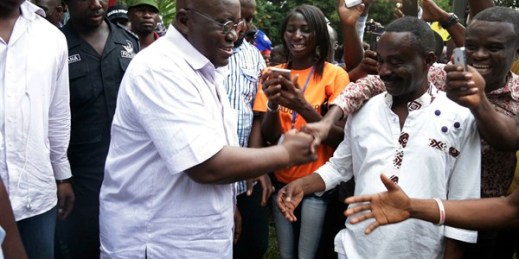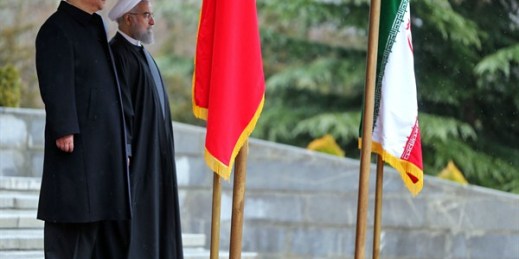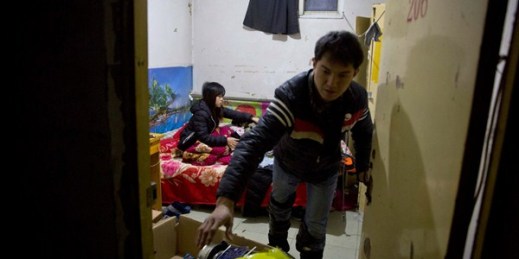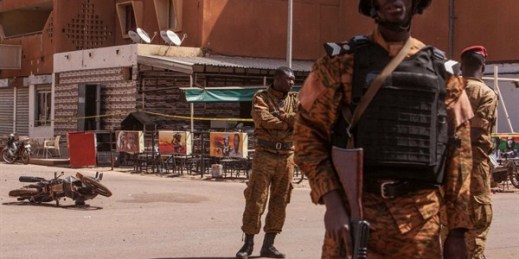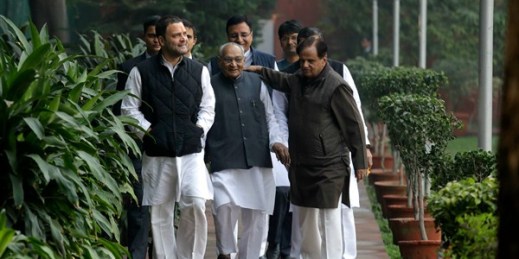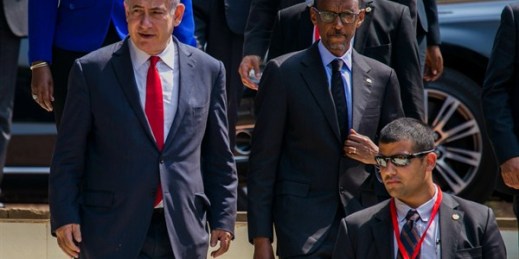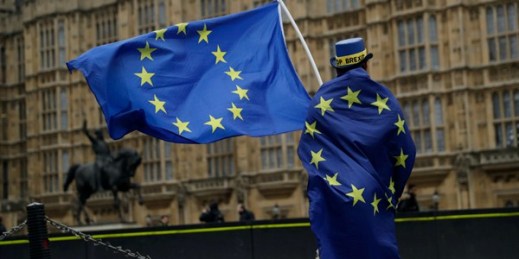
In a special episode of our Trend Lines podcast, we look back on 2017 through three of our most popular Report interviews. They take us from the state of the liberal world order in the Trump era, to the not-so-United Kingdom after Brexit, to the Horn of Africa, where the ongoing political standoff in the Persian Gulf is spilling over. If you like what you hear on Trend Lines, as well as what you’ve seen on WPR, please think about supporting our work by subscribing. We’re currently offering a 25 percent discount on the first year of an annual subscription […]

